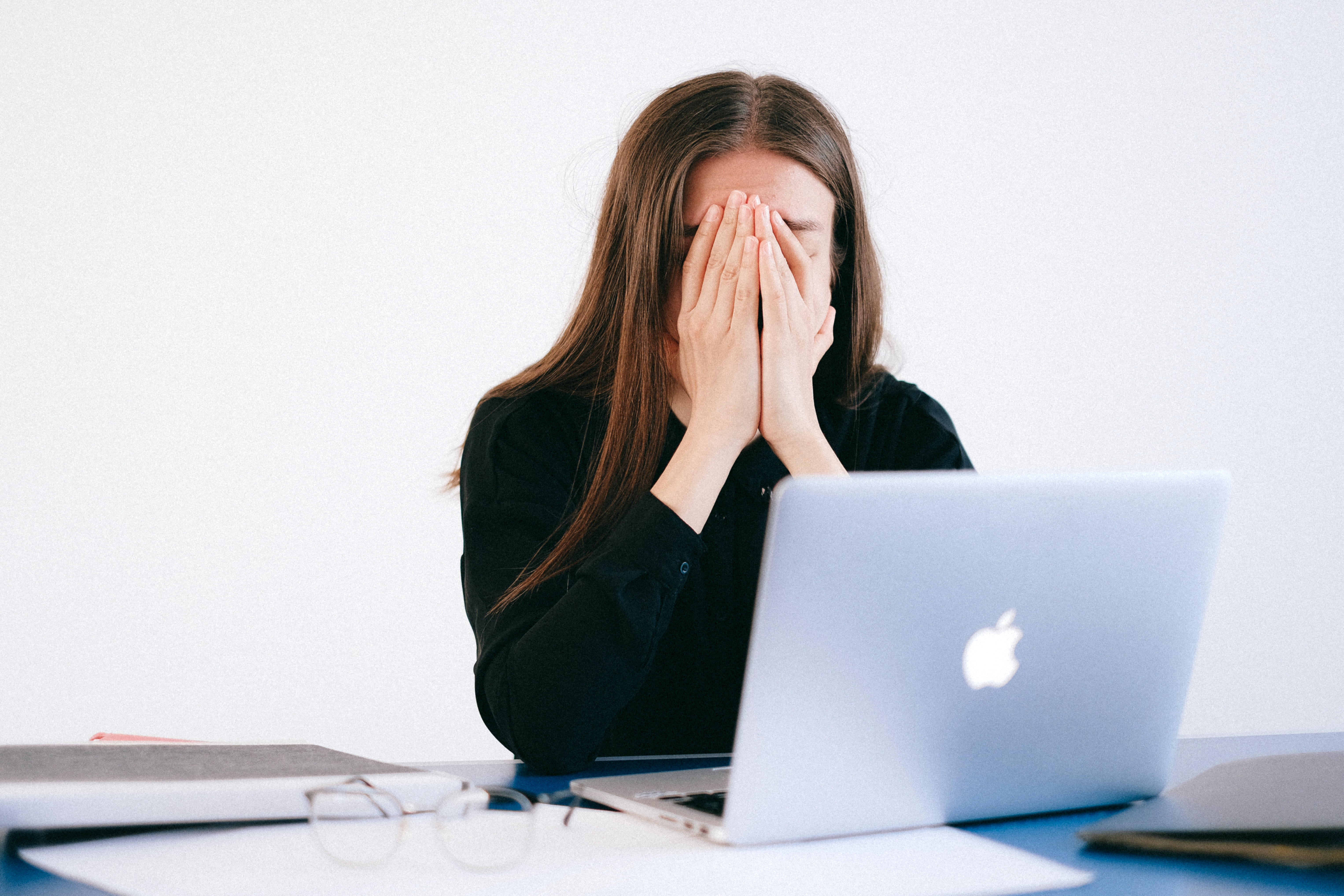
Stress triggers your body to produce hormones that allow you to handle it. Still, prolonged production of these hormones can have detrimental effects on the body, leading to symptoms like headaches, depression, insomnia, high blood pressure, palpitations, and even an increased risk of a heart attack. It may cause your liver to produce too much glucose, leading to weight gain and an increased risk of diabetes. It may lead to digestive issues, heartburn, backaches, infertility, libido problems, and decreased immune system efficiency, you name it.
What Can You Do?
You should care about what stress does to your body. Certain changes in lifestyle and avoiding stressors may be of great help, but you will need to look at things from an entirely new perspective to achieve a measure of success:
Diet
Stress will often lead us to eat a terrible diet in greater quantities than we would normally, and they will often be foods that affect our mood. This leads us into a downward spiral of abusing food such as sweets and carbs, leading to weight gain, or maybe we’d starve ourselves due to how stressed we feel. This is a great place to start the changes. Try to shop outside your usual grocery store, don’t go to the aisles, but look for fresh food you can enjoy. Turn to vegetables and fruits, lean meats and a balanced diet to serve your needs.
Exercise
Exercise is an essential step toward dealing with stress. It will help your body flush your stress hormones, producing endorphins instead, replacing them and improving your mood. Many exercises allow you to find relaxation, such as tai chi, yoga and qigong. The exercises must be tailored to your individual needs and will differ at every stage of your life. They are great for anyone on many levels, so you can explore them at any stage, even when you grow older.
Meditation
Some people lack the patience for meditation, but it can benefit you if you try it out and bear with it. Although we focus on active exercises, some self-reflection and relaxation in a meditative state can help a great deal regarding stress. The brain changes as a result of your meditation practices; it helps you relax and wind down from the stresses of life, providing you with a solid foundation for dealing with stress in general. Many people take antidepressants for help, but you don’t need them in most cases. Meditation can help your brain’s ability to learn and memorise; it improves your attention and concentration, reduces anxiety and may even help with addiction.
How Acupuncture Helps You Deal With Stress
Acupuncture is proven to reduce stress hormone levels in the body, but it also helps the brain release endorphins. It improves circulation in your body, cycling out stress hormones and oxygenating your tissues. As a result, your heart rate will decrease, your blood pressure will lower, and your muscles will relax after a session. In many cases, patients may even fall asleep on the table, waking up without realising where they are. Your body is truly healing only when you’re at rest. The reason acupuncture works so well is that it allows the body to enter a deeply restful state, reducing stress hormones and improving the body’s natural healing abilities, putting the patient in a state that helps recovery. You will find yourself completely relaxed and refreshed after a session.

 Log in with Facebook
Log in with Facebook 







